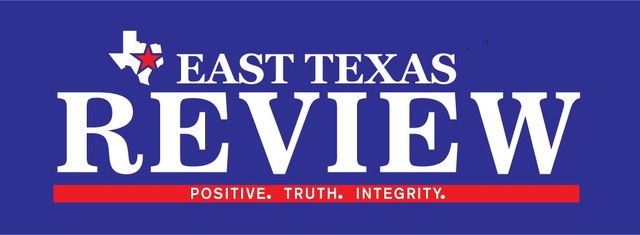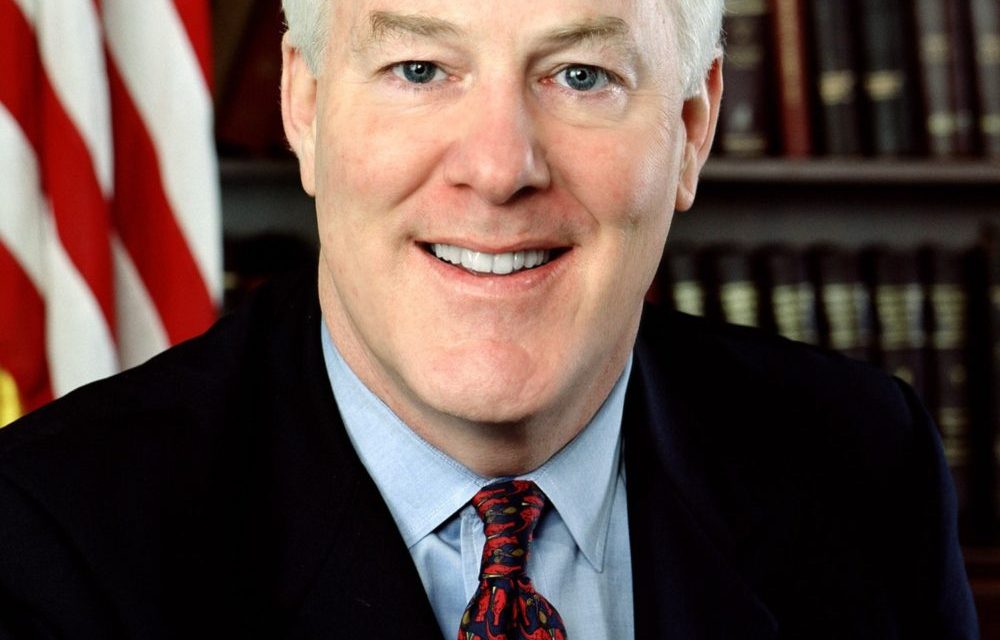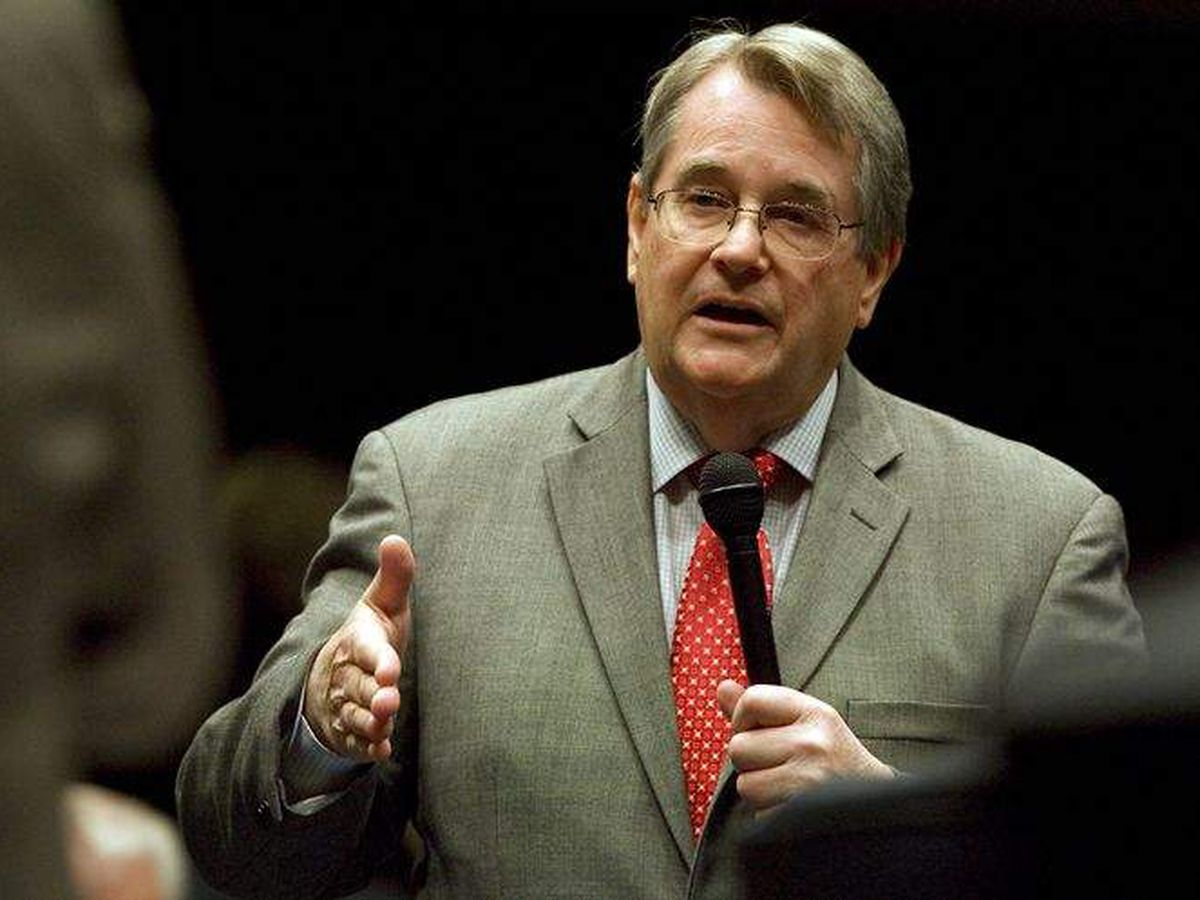Governor Greg Abbott said he would veto any school finance legislation that did not contain school choice provisions.
By Richard Lee/Special to ETR
The Senate approved a bill on Friday that would allocate hundreds of millions of state dollars to help school districts comply with new school safety requirements. Bill author and Houston Senator Joan Huffman said her bill would put an additional $800,000,000 in state funds towards school safety spending. Half of that amount would go to cover costs for armed personnel, now required at all school campuses under a bill passed in the regular session. “These grants are intended to be made available statewide in urban, suburban, and rural districts to help alleviate these costs,” said Huffman. The other half will go to raise the amount of funding schools get to spend towards all school safety programs. With this bill, Huffman said the Legislature has increased school safety funding by $2.5 billion since the beginning of the calendar year.
The House passed a similar bill earlier in the session, but Huffman said the Senate took up this version because it gets the money into these programs much quicker than the House plan. That bill relied on money from the state’s rainy-day fund and would require approval of a constitutional amendment from voters on the March ballot.
The Senate also passed a measure to deal with a new issue that’s arisen after the filing of a number of lawsuits challenging the results of the 2023 election held at the beginning of November. Voters approved thirteen out of the fourteen constitutional amendments on the ballot. The legal challenges, however, could delay the implementation of these new laws, as they must be adjudicated before the governor can certify the election. “If this case is slow in the courts…then that means the property tax cuts that Texans are expecting are in jeopardy,” said bill author and Mineola Senator Bryan Hughes. “That means that our retired teachers, who are relying on this long overdue cost of living increase…those are in jeopardy.” Those two amendments were passed with overwhelming support, with more than 80 percent of voters in favor of increasing the homestead exemption and offering retired educators an increase in their current benefits.
Complicating the issue is that appraisal districts were directed to issue this year’s property tax bills as if the new cuts were already in effect. “If we don’t fix this thing it’s going to run past the first of the year,” Jacksonville Senator Robert Nichols said of the pending court challenges. “All the appraisal districts are going to have to send [new] bills.” Those bills wouldn’t reflect the $18 billion in property tax cuts passed by the Legislature this year, which are projected to lower the average homeowner’s property tax bill by around $1,300.
Hughes stressed that his bill, SB 6, doesn’t curtail access to due process for any plaintiff, only that it requires an expedited timeline for election challenges brought against elections involving constitutional amendments. For example, it lowers the filing deadline from 180 days following the election to 50.
The House must move quickly to pass this bill or one like it as the fourth called session will end next Wednesday. Hughes said there has been collaboration on the issue already between the two chambers. As for the major issue of the session, school choice appears dead after the House voted with a bipartisan majority to strip education savings accounts out of their school finance proposal. With ESAs out, author and Salado Representative Brad Buckley chose not to move forward with the bill, which also contained funds for teacher pay raises and increased school funding. Governor Greg Abbott had said he’d veto any school finance legislation that did not contain school choice provisions. He has not said, however, if he intends to call a fifth special session for the passage of school choice legislation.







1 Comment
The 6 lawsuits are excellent and on target and the Senate last Friday tried to pass a new law (SB 6) limiting these specific cases’ discovery and expert opinion time in the trial court.
Not only is this new senate bill unconstitutional as a retroactive law (pursuant to Section 16 of Article I Texas Constitution), the bill which was requested by the Sec. of State appears to attempt to gain unfair retroactive advantage and judicially prejudice its opponents in these specific cases limiting due process, violating separation of powers, and changing due process rules mid-stream.
SB 6 will have massive negative unintended consequences for election integrity and those contesting measure elections. In Section 233.014(d), the draconian shortened 50 day trial date will severely prejudice contestants from obtaining meaningful discovery and expert reports exposing irregularities, illegalities, or fraud. It empowers contestees to run out the shortened clock and block full due process of law.
Overall, this bill’s agenda appears to be to limit the due process of these 6 cases. The Sec. of State needs to be held accountable in court for waiving certification laws for voting systems, and illegally authorizing those systems to run our elections.
The Legislature needs to fix the illegalities by the SoS and then voters will have more trust in our elections.